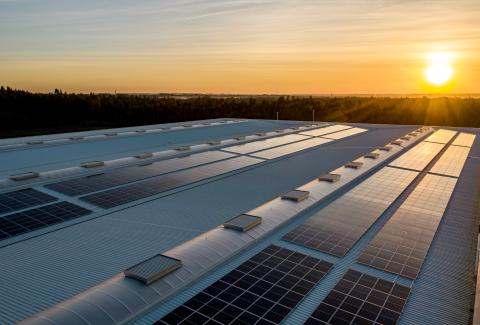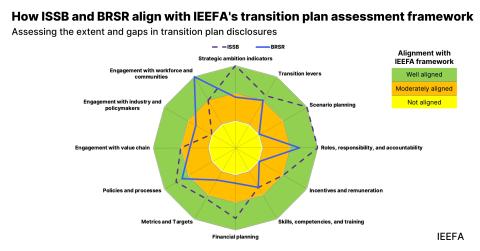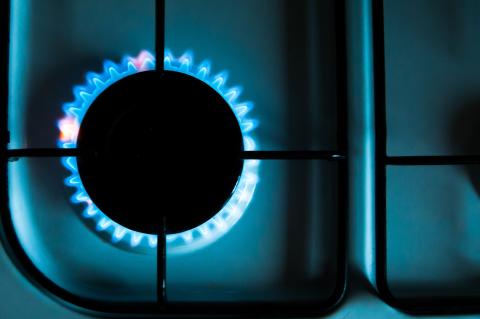A Public Waste of Money, Both Public and Private
By Tom Sanzillo
The United States doesn’t need any more coal-export ports.
We know this because of research we’ve conducted here at IEEFA that appears in a report we published today (here’s the link). The title—and conclusion—of that report? “No Need for New U.S. Coal Ports. Data Shows Oversupply in Capacity.”
The facts are obvious and the evidence is overwhelming.
U.S. coal exports, for instance, have declined precipitously over the past two years. In 2012, the total number of tons exported was 125.6 million. Last year it was 100 million. This year it might not exceed 80 million. That’s an exceptional drop in and of itself, and is even more striking when you put it into the following context: U.S. ports have the capacity to ship 234 million tons of coal.
This falloff in American coal is occurring because of a shift in the global economy in which reliance—or over-reliance—on coal is being rethought everywhere. Some of our additional recent work here at IEEFA (in conjunction with Carbon Tracker) shows that contrary to what coal-industry advocates argue, China’s demand for coal will peak sometime in 2016 (here’s that report).
In India, private investment in coal plants is losing its luster in favor of more forward-looking energy investments. And for India and China alike, cost-competitive suppliers in Australia, Indonesia, and South Africa are much more attractive than U.S. suppliers because they can deliver coal more reliably, faster and cheaper than U.S. producers. (Indonesia has an advantage here, too, because of China’s recent decision to exempt Indonesia coal from import tariffs).
Two major U.S. coal producers, Arch Coal and Peabody Energy—both sponsors of West Coast coal port expansion—are facing serious debt and liquidity problems today, which suggests they might not the best outfits to go into business with. Existing Canadian export terminals are already having trouble meeting shipping targets, a sign that doesn’t bode well for any North American coal-export port, old or new.
Yet one of the persistent canards of modern coal-industry advocates is that coal is now and always will be the engine of global growth. It’s a myth that supporters of proposed U.S. coal-export ports continue to spin, and a perfect example of those efforts is unfolding in Washington State, where proponents are proposing new ports at Cherry Point and Longview. In the report we published today, we get into some questions around those projects in particular.
The reality of the bigger matter beg the question: Why construct ports that aren’t needed?
New coal-export ports are boondoggles—a waste of money, both public and private, and an unfair burden on the communities being asked not only to host these facilities but to believe in them as well.
The economic fundamentals say they should not be built.
Tom Sanizillo is director of finance for IEEFA.
















